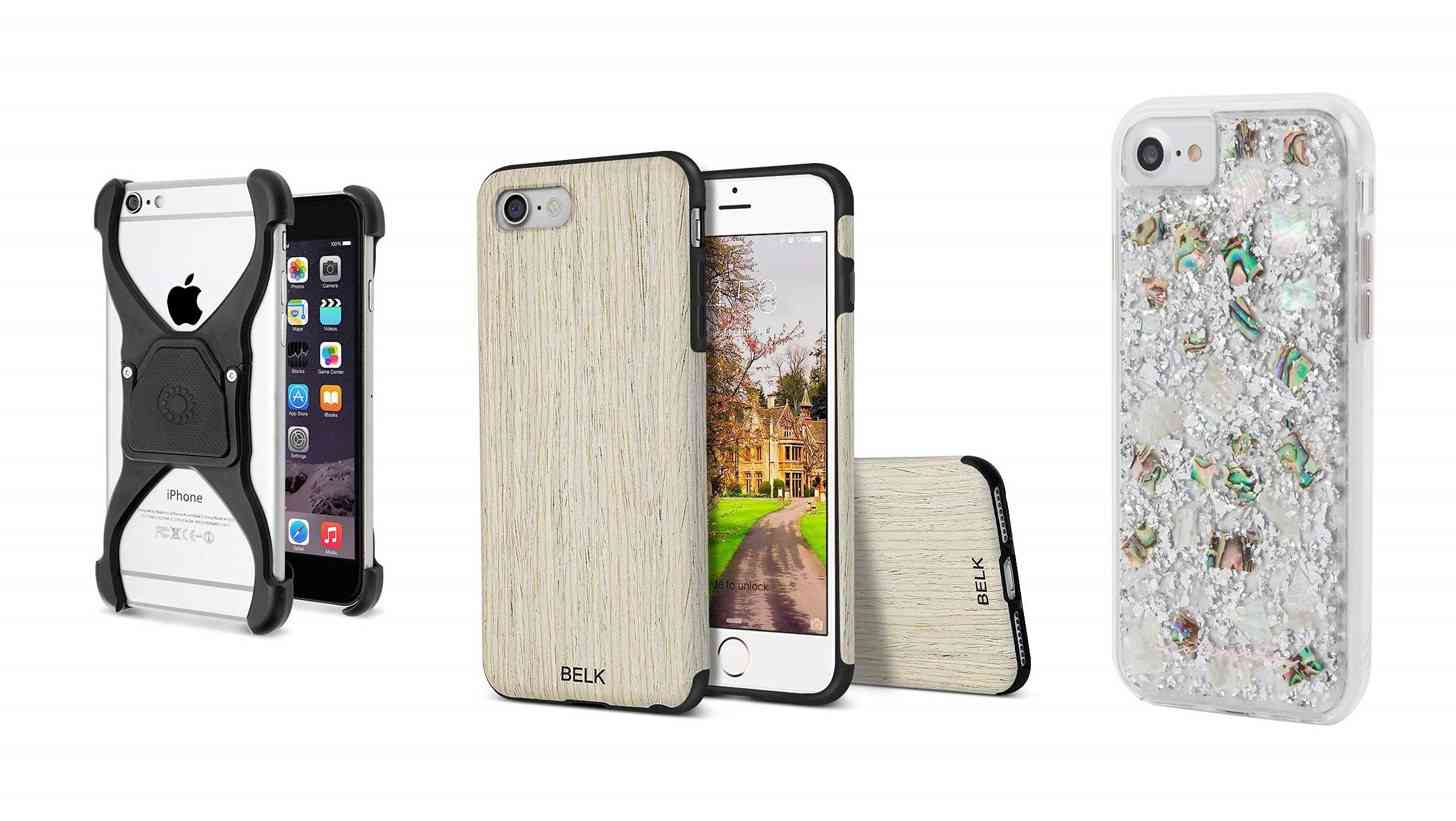
With Thanksgiving officially over, and Black Friday – which really means the entire weekend and Monday ahead – well underway, you might just find yourself tempted by some of the many deals going on. If you’re in the market for a new smartphone, now’s an excellent time to hunt for one. However, if you’re already a proud owner of your daily driver, it’s also a great time to keep an eye out for the many accessories that are on sale as well.
I didn’t intend to do any shopping over the weekend. Black Friday savings can be an excellent way to save money, or a very dangerous way to spend a lot more money on things you really don’t need. For me, it tends to be the latter if I don’t reign myself in. Friday came and went without a hitch, but earlier today I couldn’t help but peek at some of the many emails bombarding me with their advertisements.
I made the mistake of clicking on an ad for a phone case company that I frequent. I’ve only ever had the one case on my iPhone SE since day one, and while it (and my phone) still look brand new, I have always felt that a good way to get rid of boredom with a smartphone is to change out the accessories – particularly its case. Even though I didn’t necessarily need a new case, it couldn’t hurt to take a look at what was being offered.
Except it could, because one thing I forgot about iPhones is that there’s almost always an overwhelming amount of cases to choose from. This is true even more so for the iPhone SE, which shares the same body as the iPhone 5 and 5S despite sharing many of the same internals as the iPhone 6S. There have been a lot of cases made especially for the iPhone SE since its debut last year, but case makers have the added bonus of being able to reuse iPhone 5/5S designs as well.
But Apple’s iPhone has always had an exceptionally wide variety of cases from third party manufacturers, likely because the situation with the iPhone SE’s design isn’t an isolated case; it’s just the first that used the same design three times over. The iPhone 3G and 3GS had identical housing, as did the iPhone 4 and 4S, iPhone 5 and 5S, and the iPhone 6 and 6S. This year, when Apple introduced the iPhone 8 rather than the expected iPhone 7S, was the first year that broke that cycle. Even so, the iPhone 7 continued to be the most popular selling smartphone in Q3 of 2017 (likely due to minimal differences between the iPhone 7 and 8, a subsequent price drop for the iPhone 7, as well as high anticipation for the iPhone X) giving case makers yet another year of potentially good sales on cases released a year ago.
For the most part, the iPhone has been incredibly predictable over the years. Having two years of the same phone design, along with the continued popularity of the iPhone, gives accessory manufacturers (particularly those who make cases) an easy way for a steady stream of money. Until this year, even iPhone users could benefit from this cycle if they were the type to upgrade once a year (as long as they upgraded to another iPhone). As a user of both iOS and Android, one of the worst parts about switching from iPhone to Android is that I’m usually restricted on case options unless I go with a Samsung flagship, and even Samsung flagships seem to have their limitations when it comes to cases. I strongly believe this factors – at least in part – to why the iPhone continues to be such a popular choice among consumers. No other smartphone comes close to the amount of accessory support that the iPhone has, and that doesn’t appear to be changing anytime soon.
Readers, how much do accessory options affect your decision to purchase a smartphone? Let us know your thoughts in the comments below!